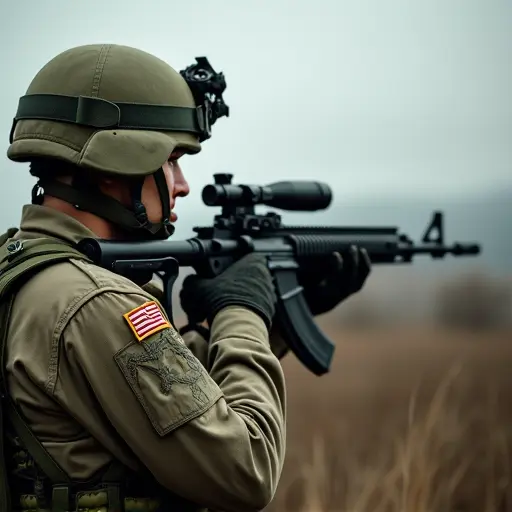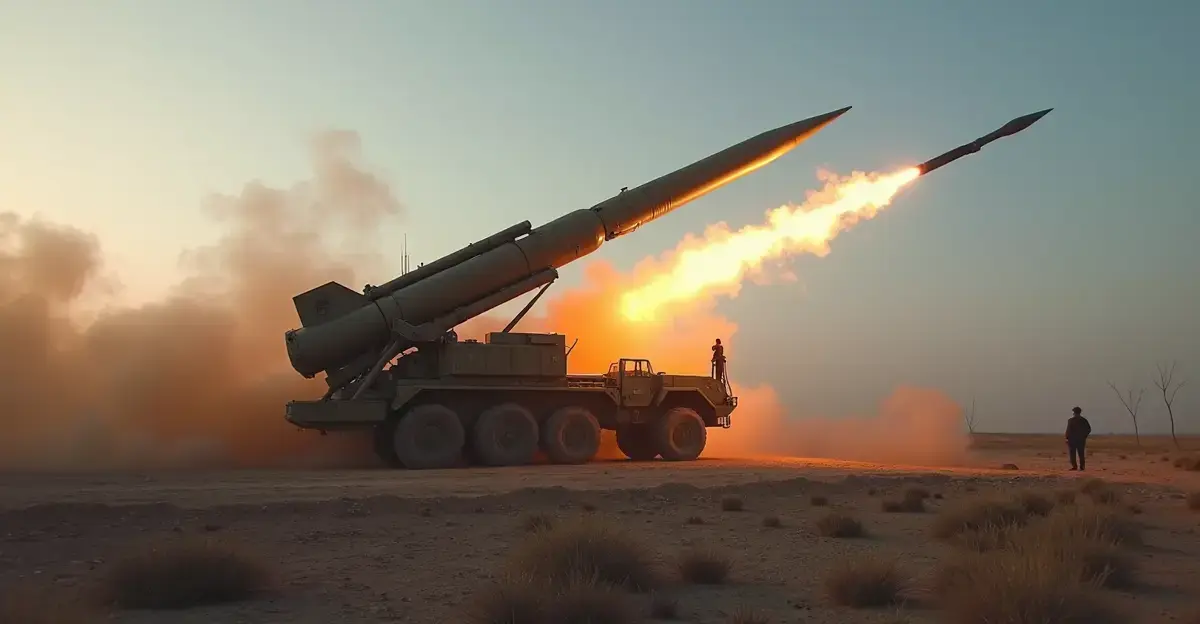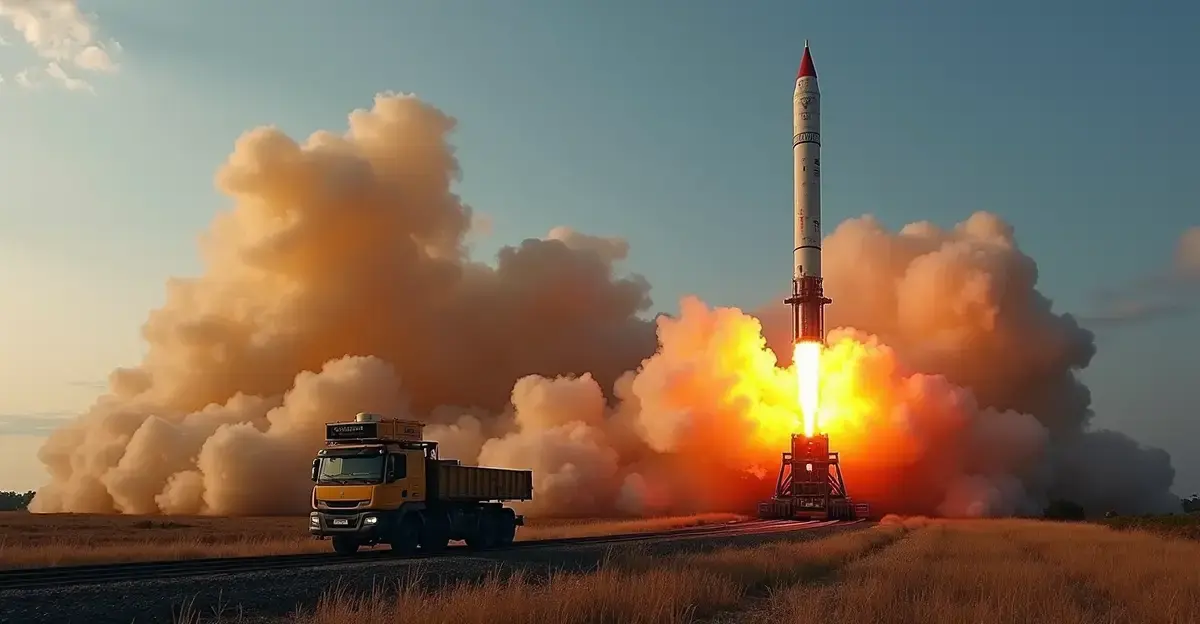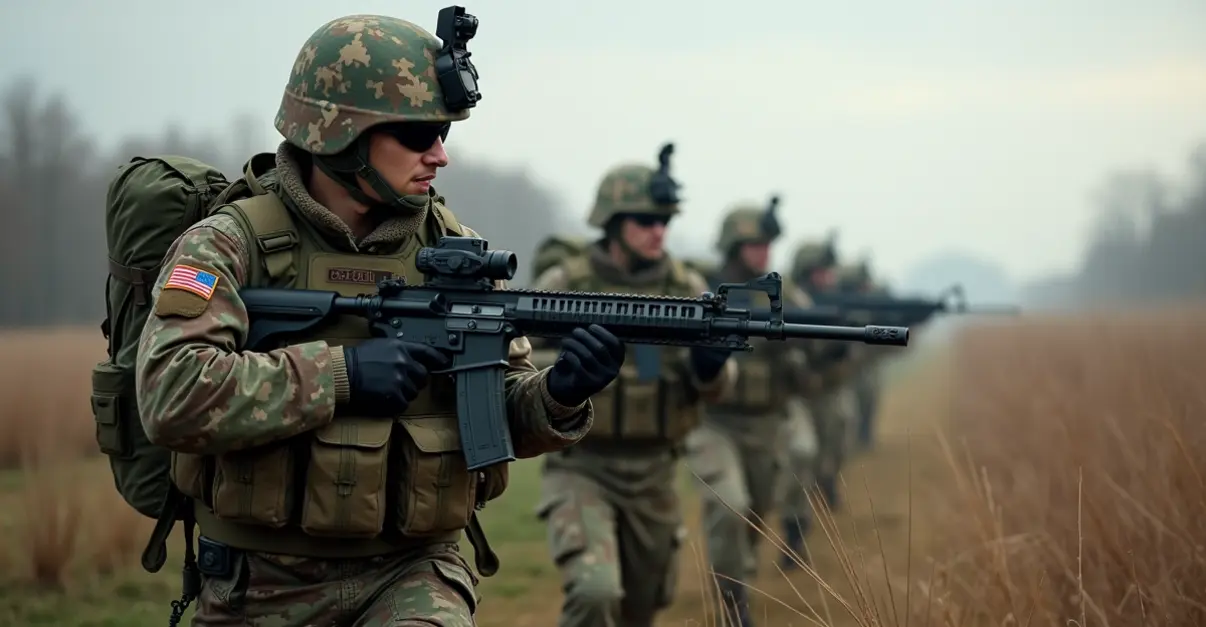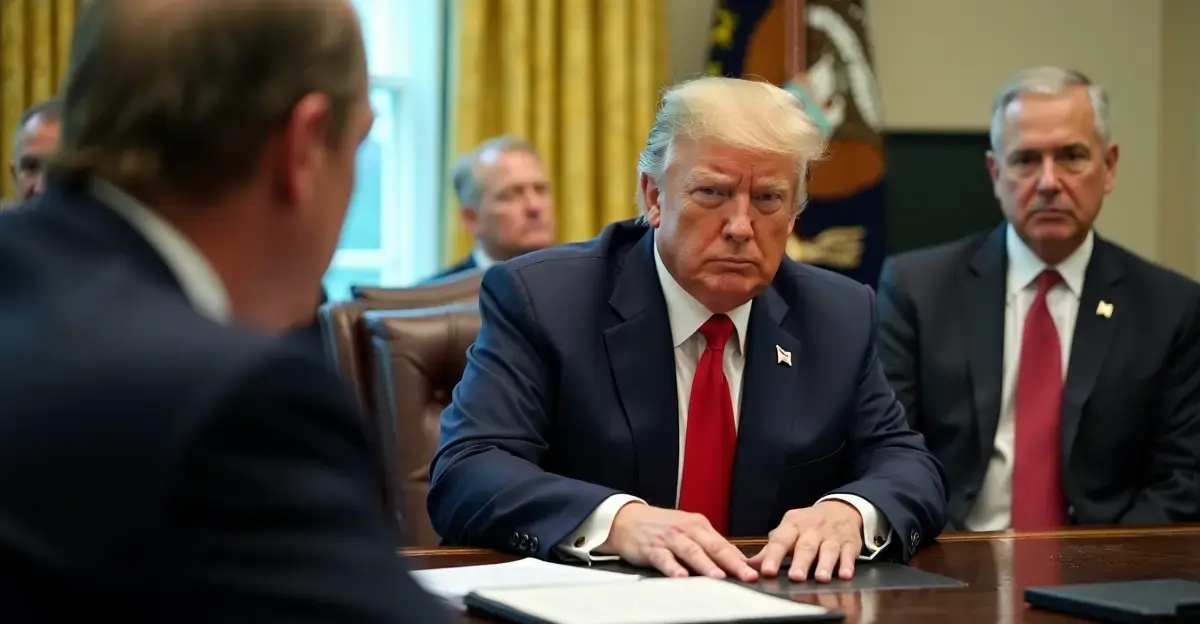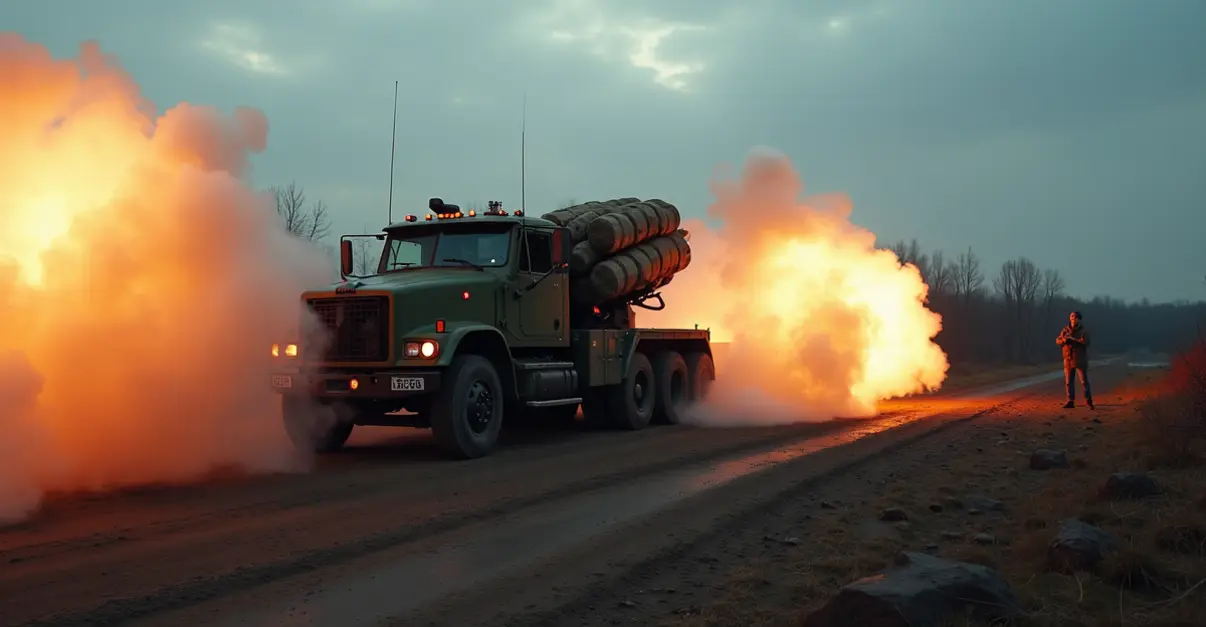The Trump administration approves intelligence sharing for Ukraine to target Russian energy infrastructure and considers Tomahawk missile delivery, but analysts question if these weapons will significantly impact the war's outcome.
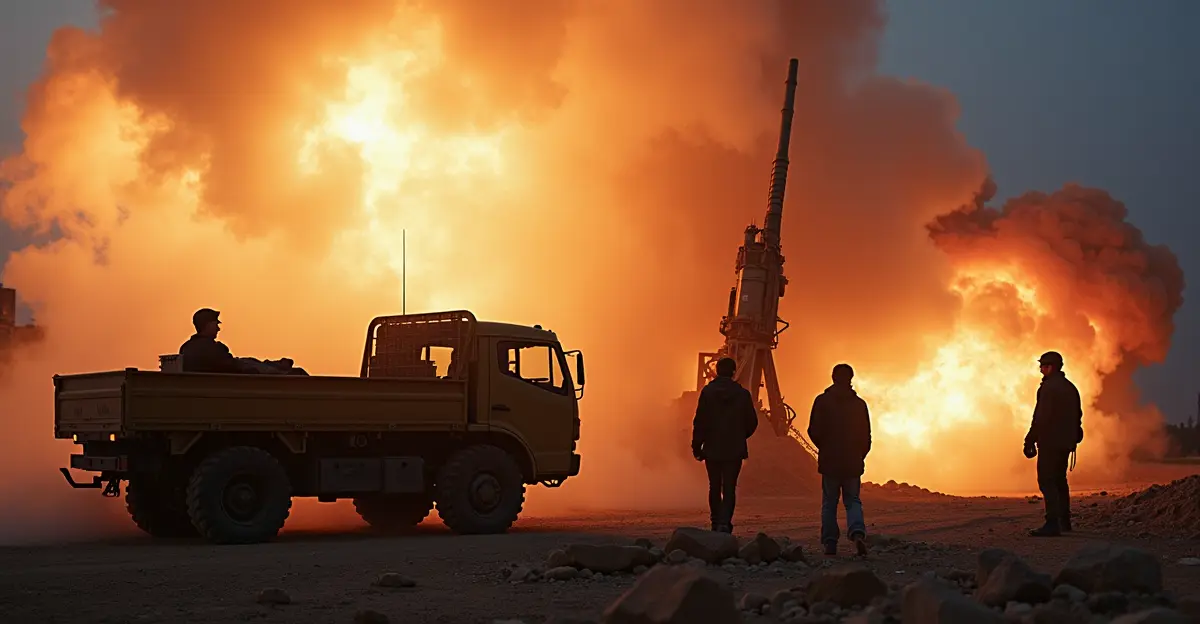
Trump Administration Approves Intelligence Sharing for Ukraine Strikes
The Trump administration has authorized a significant escalation in military support for Ukraine, approving intelligence sharing that will help Kyiv target Russian energy infrastructure deep inside Russian territory. According to a Wall Street Journal report, the Pentagon and US intelligence agencies will assist Ukraine in striking oil refineries, pipelines, and other critical infrastructure that provide revenue and resources for Russia's war effort.
President Trump reportedly directed American intelligence services and the Pentagon to provide this information to Ukraine, marking the first concrete step in his administration's support for long-range strikes inside Russian territory. The administration is also considering providing Ukraine with Tomahawk cruise missiles, though this decision remains pending.
Analysts Question Strategic Impact
Bart van den Berg, a military analyst at the Clingendael Institute, expressed skepticism about the significance of this development. "It's being sold as something unique, but I question whether this has much value for the Ukrainians behind the scenes," said Van den Berg, who previously worked at the National Cyber Security Center in The Hague.
He noted that Ukrainian forces likely already possess detailed knowledge of Russian energy infrastructure locations. "They are deeply infiltrated in Russia," Van den Berg explained, pointing to previous successful drone attacks as evidence of Ukraine's advanced operational capabilities.
Tomahawk Missile Capabilities and Costs
The Tomahawk cruise missile represents one of America's most sophisticated weapons systems. With a range of approximately 2,500 kilometers, the missile flies low to the ground at 900 kilometers per hour, follows unpredictable routes to evade enemy air defense, and carries a 400-kilogram explosive payload. This capability would allow Ukrainian forces to strike targets beyond Moscow and St. Petersburg.
However, Van den Berg questioned the cost-effectiveness of such weapons. "They are very expensive - two million dollars each," he noted, suggesting that the timing might be too late for these weapons to make a decisive difference. "A few years ago it would have been very impactful, but now not anymore because many similar weapons have appeared."
Escalation Concerns and Strategic Shifts
The potential delivery of Tomahawk missiles has drawn warnings from Russian President Vladimir Putin, who described it as a "completely new stage of escalation" between Washington and Moscow. Putin acknowledged that the long-range missiles could harm Russia but claimed they would not change the battlefield situation, stating "we will shoot them down and improve our air defense system."
Van den Berg characterized the Tomahawk as "a small step on the escalation ladder" that won't fundamentally change the conflict dynamics. "In the big scheme of things, it won't make such a difference. But the fighting is increasingly moving to Russian territory, which poses an increasingly larger problem for the Russians."
Broader Conflict Dynamics
The analyst highlighted a fundamental shift in the war's character. "Both parties are increasingly focusing on a strategic victory and no longer on a tactical one. Territory doesn't interest them, nobody can win on the battlefield. They are increasingly attacking each other's capacity to wage war."
This assessment aligns with recent developments where both sides have intensified attacks on critical infrastructure. Russia has launched massive assaults on Ukraine's natural gas facilities and power grid, while Ukraine has increasingly targeted Russian energy infrastructure that funds Moscow's war effort.
Van den Berg concluded that negotiations will only become possible "when the will to fight is broken in one of the parties. And we're not there yet." The ongoing conflict continues to evolve toward strategic warfare rather than territorial gains, with both sides seeking to undermine the other's ability to sustain military operations.

 Nederlands
Nederlands
 English
English
 Deutsch
Deutsch
 Français
Français
 Español
Español
 Português
Português




